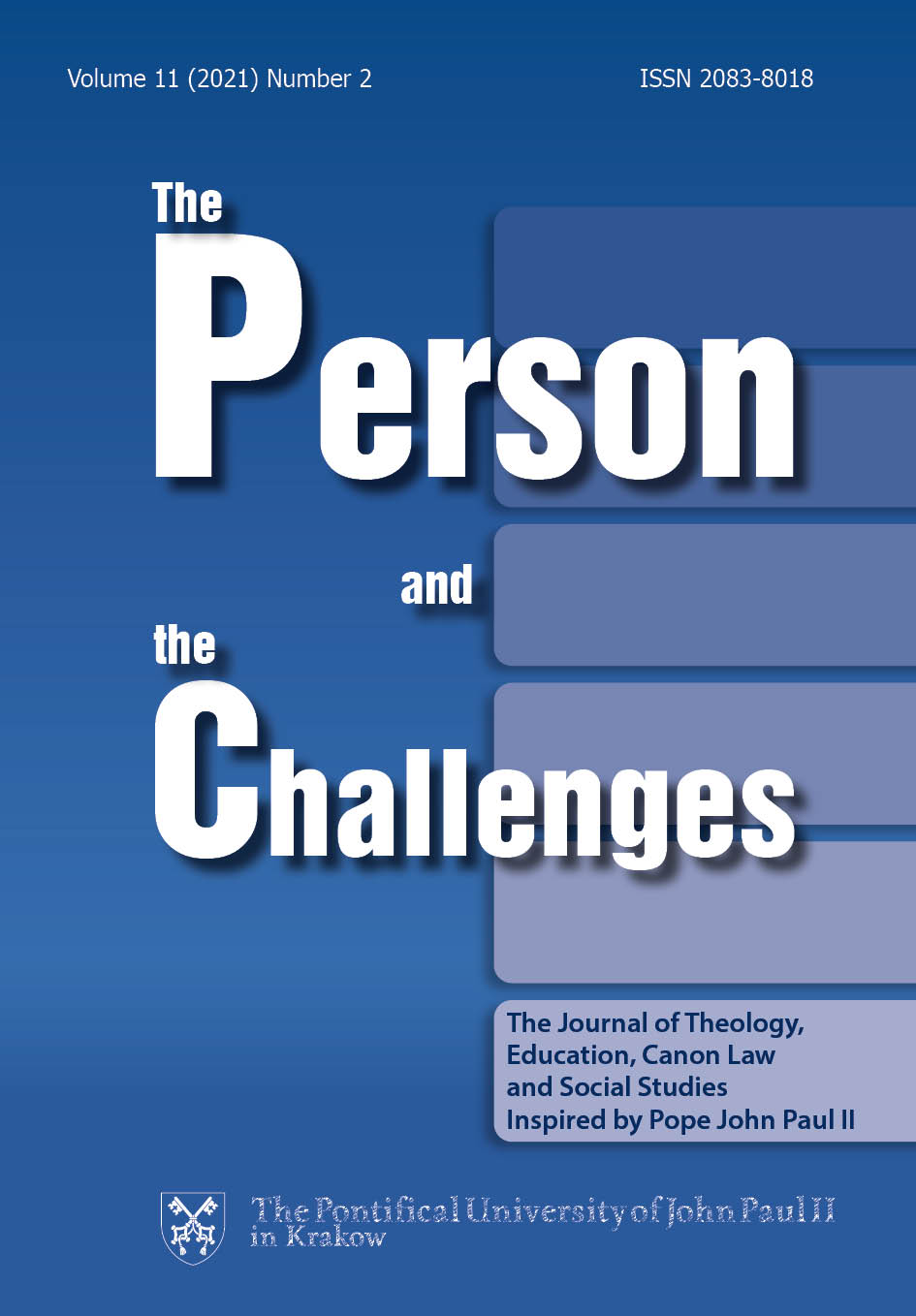The role of the theory of prototypes in moral thought
DOI:
https://doi.org/10.15633/pch.4068Słowa kluczowe:
Cognitive science, prototype, moral thought, word meaningAbstrakt
In this article I attempt to highlight and briefly analyze some problematic aspects of the theory of prototypes and its implications in moral thought. I focus on the issue of moral judgement and the impact of prototypicality on our understanding of moral concepts. The objective of the article is to indicate the significance of the new perspectives opened by the notion of prototype, but also to point out certain difficulties. Some of the problematic questions emerge from the very existence of the prototype structure of categories and concepts; other problems arise with reference to the proposed implications or postulates which are connected with the acknowledgement of the significance of prototypicality. Due to the recognition of the practical dimension of ethics, the main issues are presented through examples of concepts which are commonly used in everyday life, referring to political and social values, traits of character and emotions.
Bibliografia
Coleman L., Kay P., Prototype semantics; the English word lie, “Language”, Vol. 57, No. 1 (March 1981), pp. 26–44.
Geeraerts D., Where does prototypicality come from?, in: Rudzka-Ostyn B. (ed.), Topics in Cognitive Linguistics, Amsterdam–Philadelphia 1988, John Benjamins, pp. 207–229.
Geeraerts D., Prospects and problems of prototype theory, “Diacronia” 3, August 1, 2016, pp. 1–16.
Gibbs R. W., Speaking and thinking with metonymy, in: Holland D. C., Quinn N. (eds.), Cultural models in language and thought, Cambridge 1987, Cambridge University Press, pp. 60–74.
Harris S., The moral landscape: how science can determine human values, New York [etc.] 2010, Free Press – Simon & Schuster, Inc.
Johnson M., Moral imagination. Implications of cognitive science for ethics, Chicago–London 1993, The University of Chicago Press.
Johnson M., The meaning of the body: aesthetics of human understanding, Chicago 2007, The University of Chicago Press.
Johnson M., Morality for humans. Ethical understanding from the perspective of cognitive science, Chicago 2015, The University of Chicago Press.
Kahneman D., Tversky A., Choices, values and frames, “American Psychologist”, Vol. 39, No. 4 (1984), pp. 341–350.
Lakoff G., Johnson M., Metaphors we live by, Chicago, Illinois 1980, The University of Chicago.
Lakoff G., Women, fire, and dangerous things. What categories reveal about the mind, Chicago and London, The University of Chicago Press, 1987.
Lakoff G., Kovecses Z., The cognitive model of anger inherent in American English, in: Holland D. C., Quinn N., (eds.), Cultural models in language and thought, Cambridge 1987, Cambridge University Press, pp. 195–222.
Medin D. M., Goldstone R. L., Markman A. B., Comparison and choice; relations between similarity processes and decision processes, “Psychonomic Bulletin & Review” (1995), 2 (1), pp. 1–19.
Panther K. U., Radden G., Metonymy in language and thought, Amsterdam/Philadelphia 1999, John Benjamins Publishing Company.
Park J. J. Prototypes, Exemplars, and Theoretical & Applied Ethics, “Neuroethics” (2013) 6, pp. 237–247.
Rosch E., Mervis C., B., Family resemblance: studies in the internal structure of categories, “Cognitive Psychology” 7 (1975), pp. 573–605.
Taylor J. R., Linguistic categorization. Prototypes in linguitics theory, New York 1999, Oxford University Press.
Tversky A., Studies of similarity, in. Shafir E. (ed), Preference, belief, and similarity. Selected writings, Amon Tversky, Cambridge [etc.] 2004, The MIT Press Cambridge.
Tversky B., Spatial thought, social thought, in: Schubert W., Maass A. (eds) Spatial dimensions of social thought, Berlin, Boston 2011, Walter de Gruyter GmbH & Co., pp. 17–39.
Wierzbicka A., Understanding cultures through their key words, Oxford, New York 1997, Oxford University Press.
Wierzbicka A., Semantics, culture, and cognition: universal human concepts in culture specific configurations, New York; Oxford 1992, Oxford University Press.
Wierzbicka A., Język – umysł – kultura; wybór prac pod redakcją Jerzego Bartmińskiego, Warszawa 1999, PWN.
Wierzbicka A., English: meaning and culture, Oxford, New York 2006, Oxford University Press.
Voshagen C., Opposition as a metonymic principle, in: (eds.) K.U. Panther, G. Radden, Metonymy in language and thought, Amsterdam/Philadelphia 1999, John Benjamins Publishing Company, pp. 289–307.
Pobrania
Opublikowane
Numer
Dział
Licencja
Autorzy publikujący w czasopiśmie udzielają jego wydawcy zgody o następującej treści:
- Autor zachowuje autorskie prawa majątkowe do utworu, a jednocześnie udziela wydawcy czasopisma zgody na jego pierwszą publikację w wersji drukowanej i wersji online na licencji Creative Commons Uznanie autorstwa 4.0 Międzynarodowe oraz zgody na wykonywanie opracowań, w tym przekładów.
- Autor ma możliwość udzielania zgody niewyłącznej na opublikowanie utworu w wersji, która ukazała się w czasopiśmie (np. zamieszczenia go w repozytorium instytucjonalnym lub opublikowania w książce), wraz z informacją o jego pierwszej publikacji w czasopiśmie.
- Autor może umieścić swój utwór online (np. w repozytorium instytucjonalnym lub na swojej stronie internetowej) jeszcze przed zgłoszeniem utworu do czasopisma.

